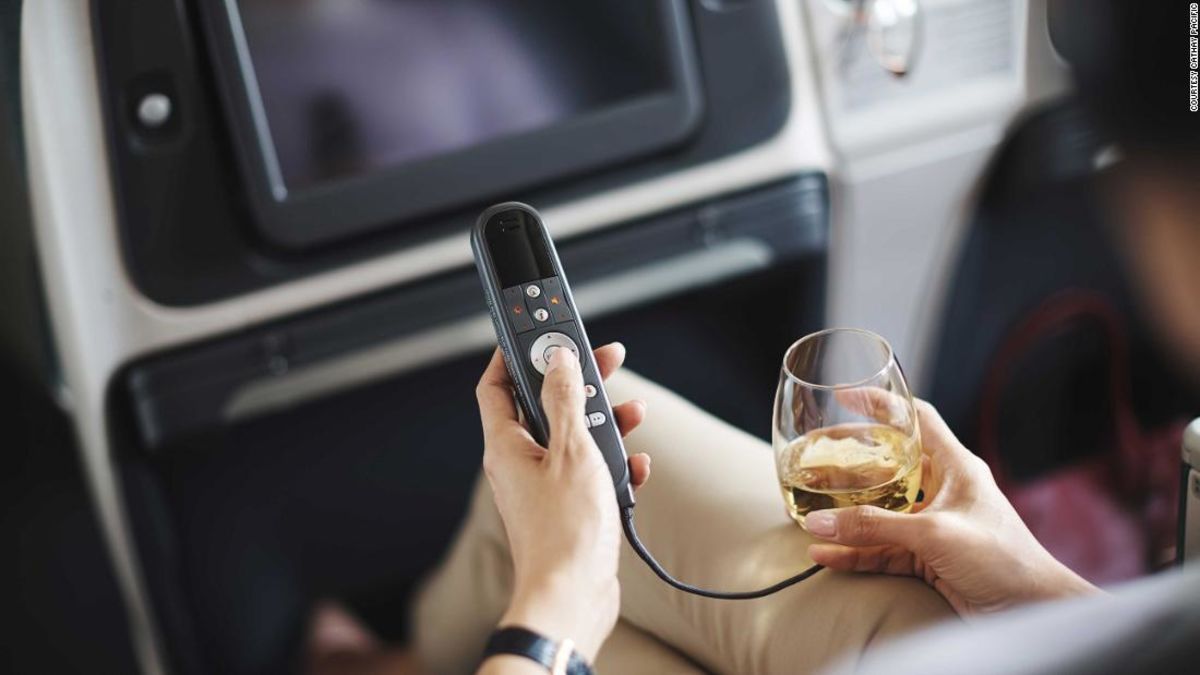(CNN) — Hong Kong airline Cathay Pacific has revealed it is monitoring passengers via onboard cameras, re-opening an uncomfortable debate over surveillance on airplanes.
Cathay confirmed it is collecting images of passengers while they’re on board, monitoring their usage of the in-flight entertainment system (IFE) and how they spend time during the flight.
The airline does not say whether images are captured via cameras fixed around the airplane or from embedded seat-back cameras.
In its privacy policy, the airline says the data collection is designed to improve the flying experience with additional personalization. The airline also says data could be shared with third-party partners for marketing purposes.
“We will retain your Personal Data for as long as is necessary,” reads the policy.
Privacy risk?
While CCTV surveillance is accepted by many as a reassuring security measure, others feel tracking passengers in the confines of an airplane cabin is a step too far.

The privacy policy is likely to raise concerns about passenger surveillance.
Courtesy Cathay Pacific
In its updated privacy policy, Cathay clarifies that while data collected is stored on secure servers, “no data transmission over the Internet, a website, mobile application or via email or other message service can be guaranteed to be secure from intrusion.”
“The true risk comes from potential unauthorized access to these devices from powerful malicious attackers. As far as IFE is connected to the Internet, there is a possibility of remote hack and espionage if such devices can be activated in software,” he said.
Panasonic Avionics, which supplies some IFE systems for Cathay Pacific, has previously said fears of surveillance and privacy breach are “a bit of an overreaction.” The company says seat-back cameras will soon become an accepted part of flying, offering opportunities for seat-to-seat video conferencing, among other usages.
“I believe it’s going to settle down, that the case to be made for positive benefits coming from cameras is stronger than any concern that they could possibly be used for nefarious purposes,” said David Bartlett, the company’s chief technology officer.

